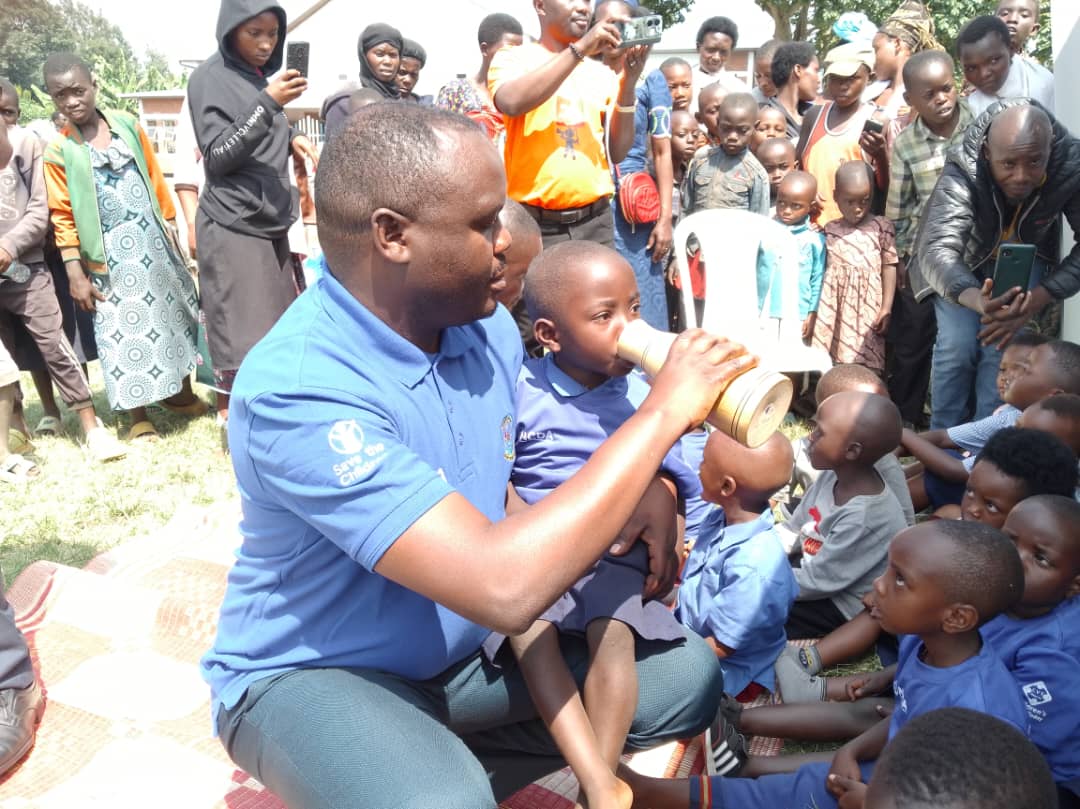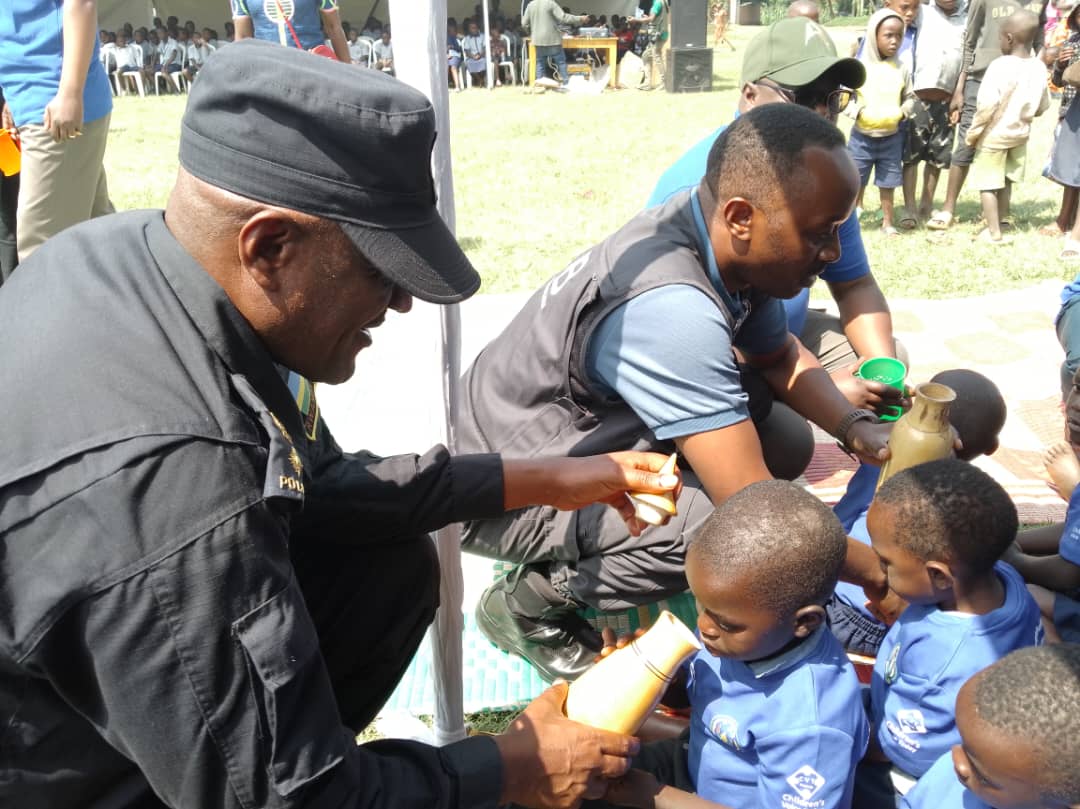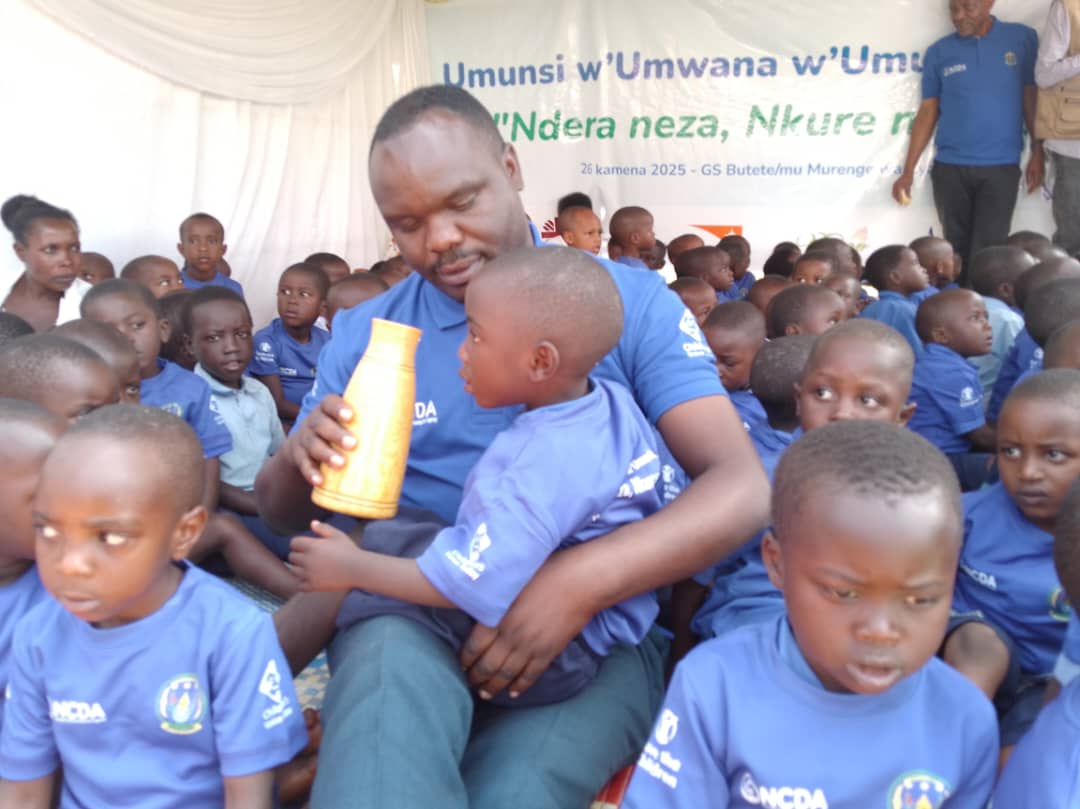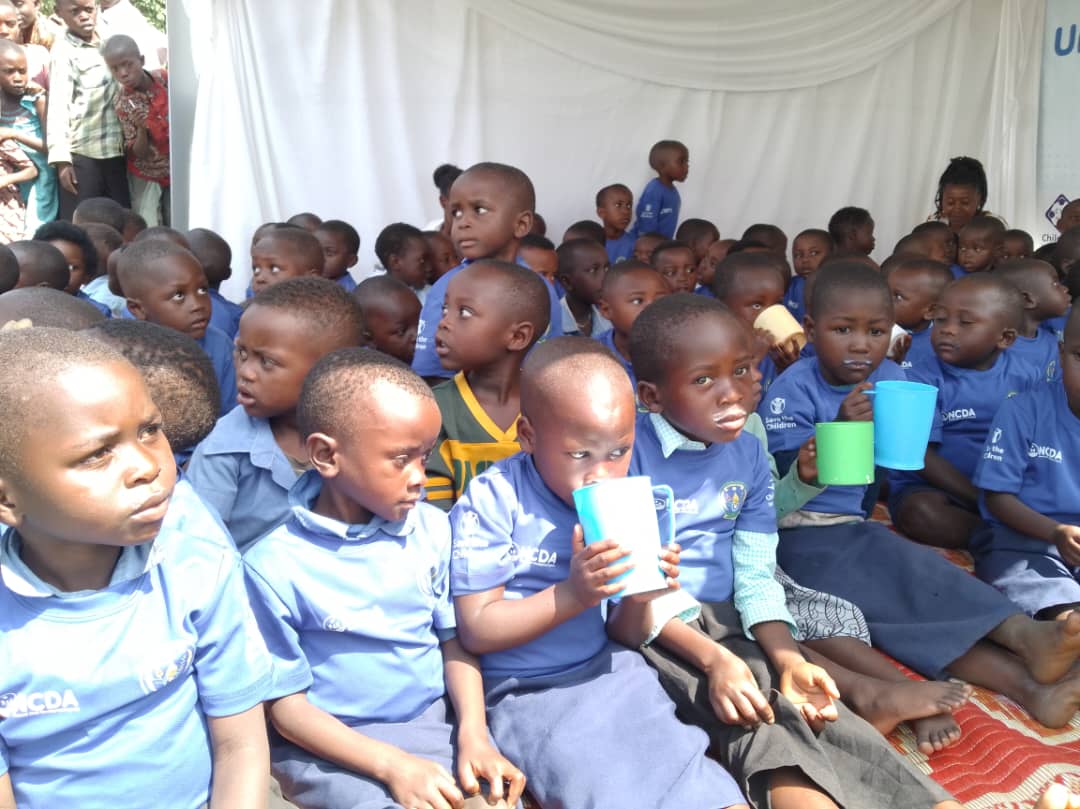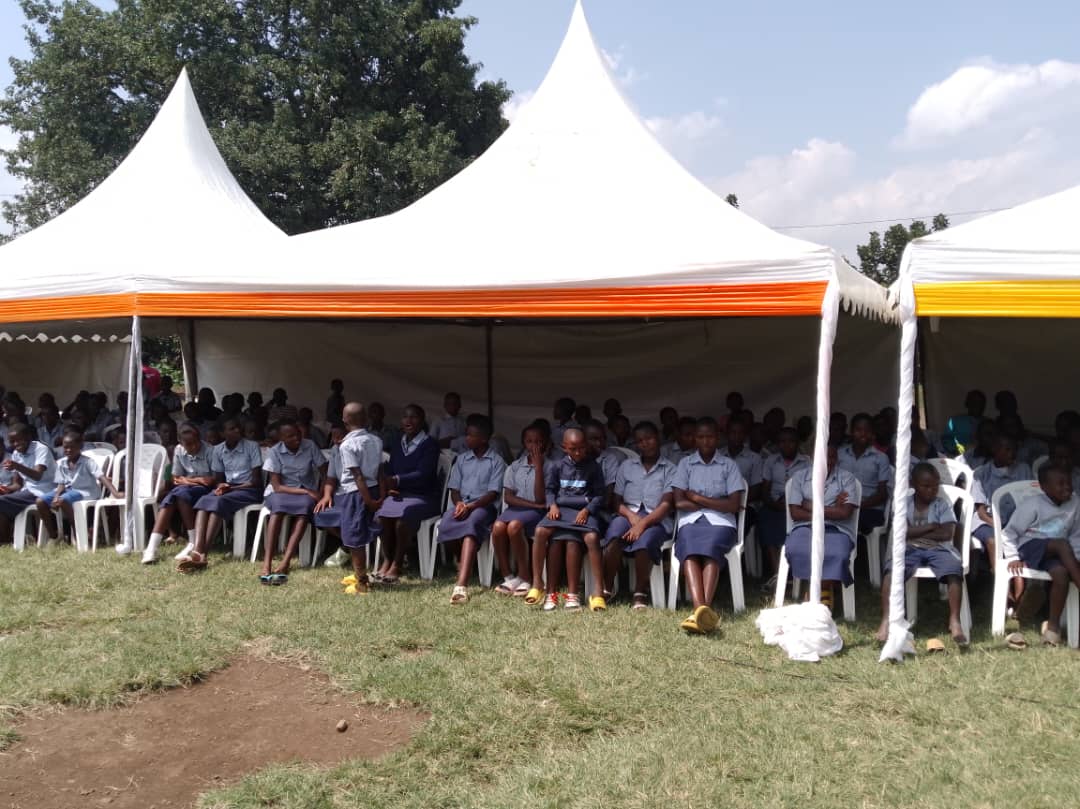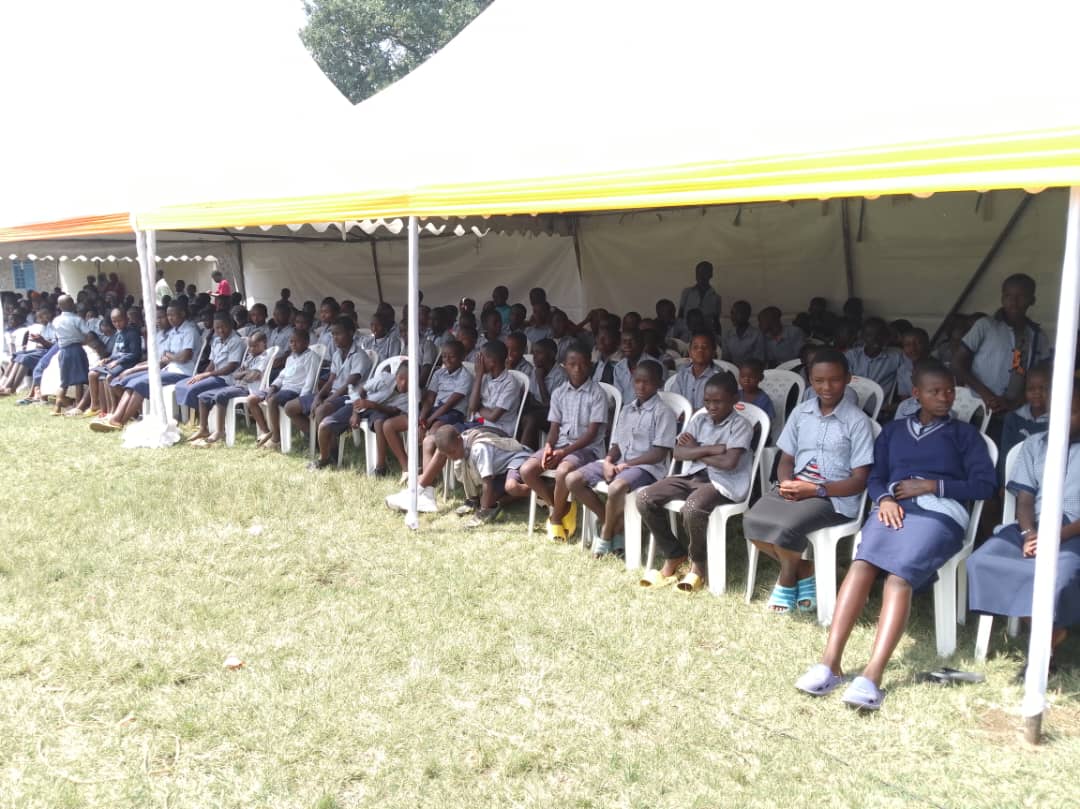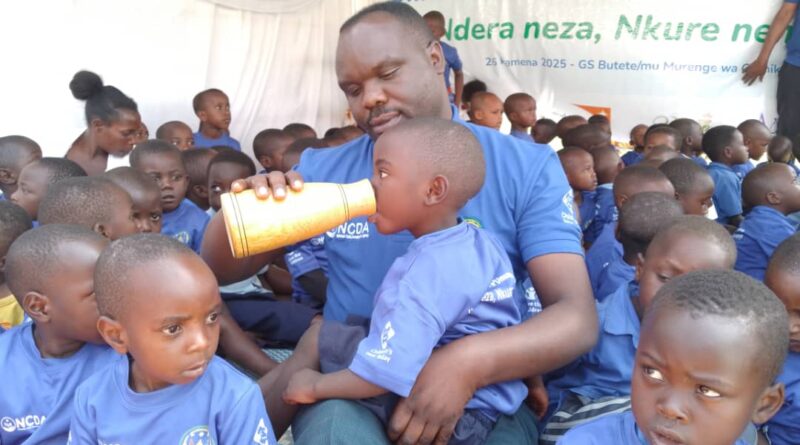Burera: Society’s attitudes toward children with disabilities and what needs to change
Youth and adults in Burera District particularly in Cyanika Sector, have raised concerns that some members of society still treat children with disabilities as a disgrace or useless, denying them the rights they deserve just like any other child.
These concerns were highlighted on Thursday, June 26, 2025, during a community event in the district held as part of the celebration of the Day of the African Child with a theme ‘Ndera Neza, Nkure Nemye’. This day has historical significance, dating back to 1976 in Soweto, South Africa.
Some of those who spoke to Greenafrica.rw, including Francoise Nyiramutuzo, a mother of a child born with a physical disability acknowledged that while progress has been made thanks to the Rwandan government’s efforts, many still hold outdated and harmful beliefs.
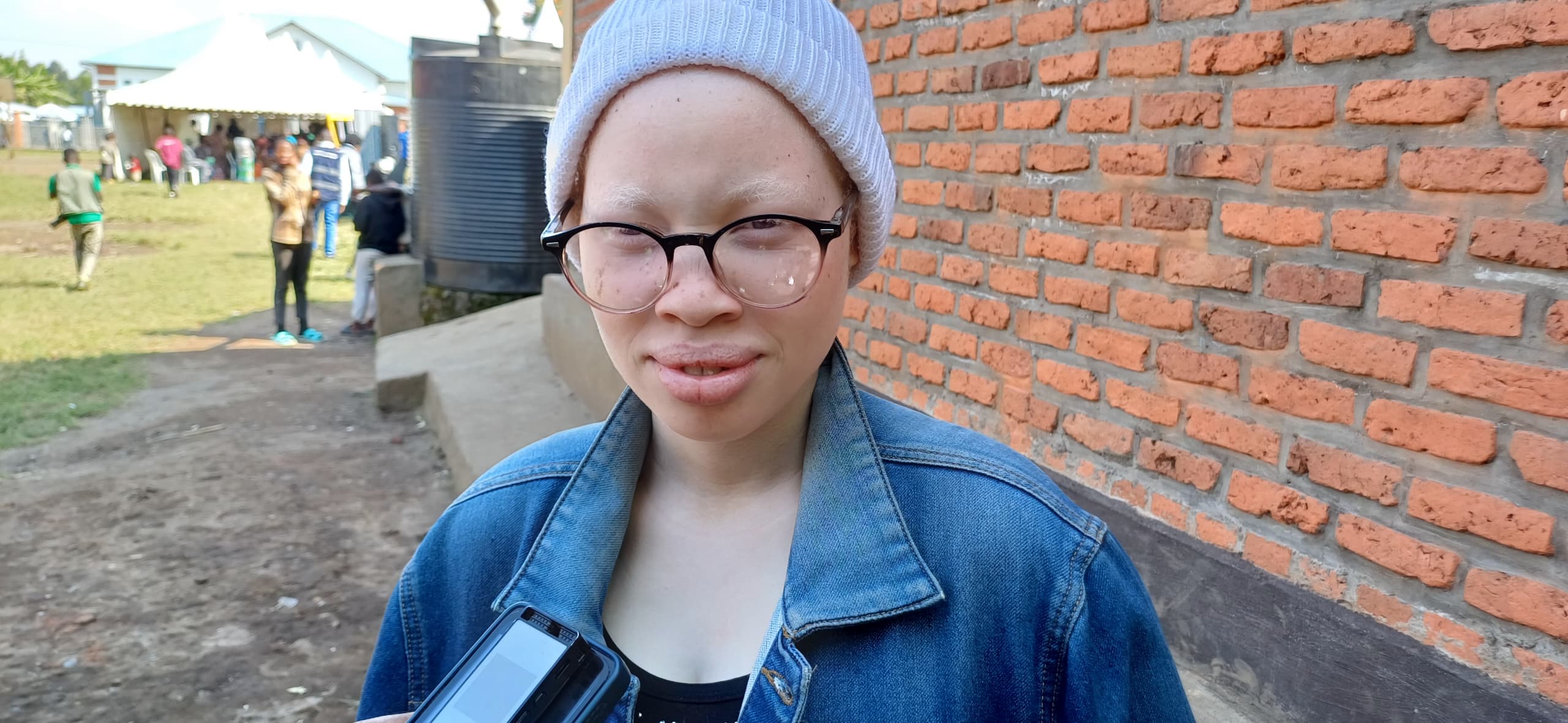
She said: “Based on how things are today, especially in schools, society is starting to understand that children with disabilities are people too and deserve equal rights access to services, education, healthcare because they have the strength and intelligence to contribute to national development.”
She added: “But as parents, we still encounter people who label our children with offensive names such as ‘Gicumba,’ ‘Kiragi,’ ‘Kirema,’ ‘Nyamweru’ or ‘Igikuri’. These terms humiliate the children, often pushing them and their families into isolation, making parents feel ashamed and reluctant to bring them into the public.”
Paul Ahishakiye, a secondary school student year II, mentioned that while the rights of children with disabilities are upheld in schools, the situation remains problematic in rural communities where mindsets are yet to shift.
He said:“At school, we play and study together like any other students. But when a child faces stigma in the community, they may lose motivation to return to school because some people make them feel inadequate or useless, which destroys their self-confidence.”
One of them , who lives with albinism and is part of the UWEZO Youth Empowerment drama group that advocates for the rights of children with disabilities, confirmed that some people still hold onto archaic views that devalue persons with disabilities.
She shared: “Sometimes you enter a place and you’re treated like an outsider. People avoid you, call you names like ‘Nyamweru’, making you feel out of place. Fortunately, at school we’ve bonded, and now we play, support, and respect each other.”
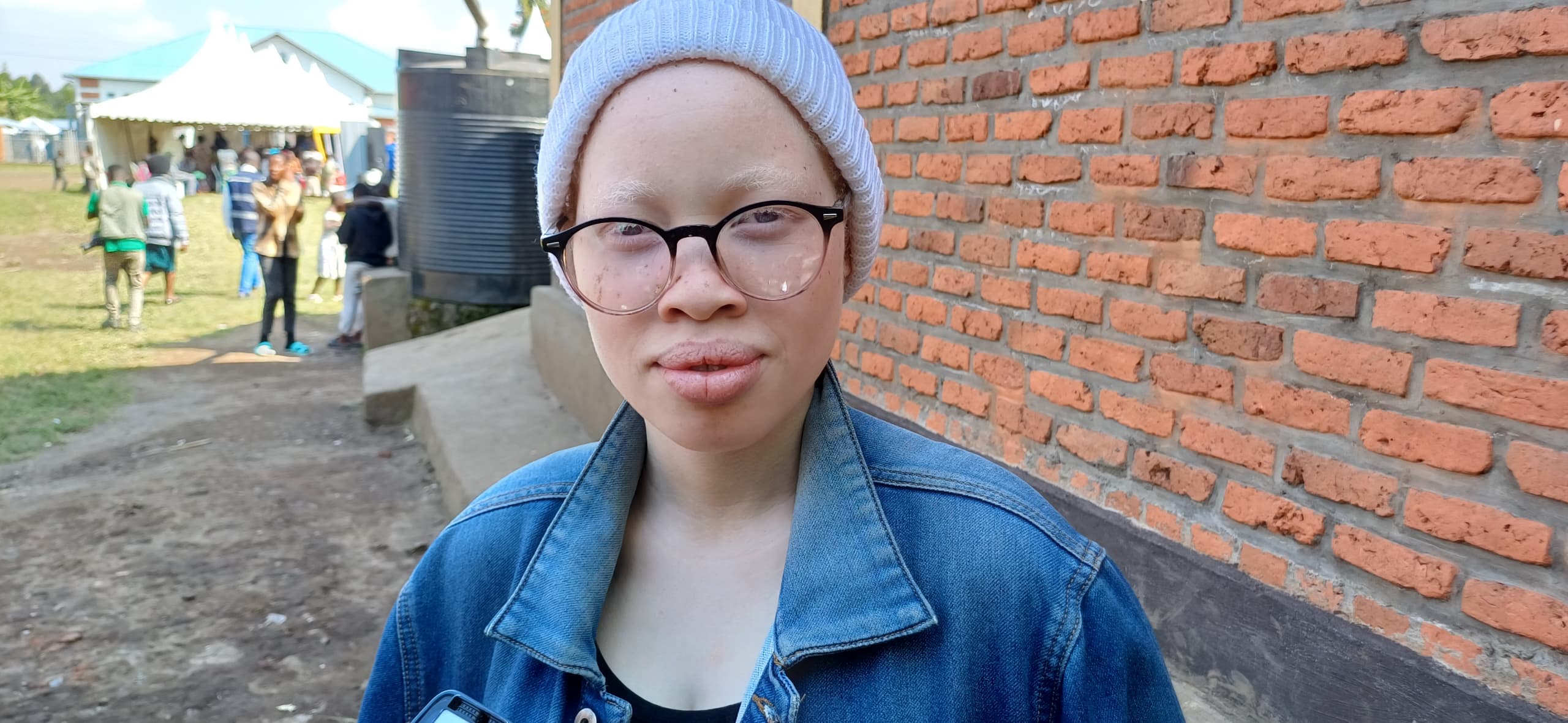
Job Rusatira, a staff member at UWEZO Youth Empowerment, emphasized that although Rwanda has made great strides in child protection, challenges persist for children with disabilities.
He said:“The Rwandan government continues to make positive progress in ensuring children’s rights. However, obstacles remain due to parental attitudes, community perceptions, and systemic discrimination. Some people still believe that disability is a curse or something abnormal.
That’s why we mark this day with awareness campaigns to show that children with disabilities can achieve great things when given their rightful place and to remind parents and society that these children deserve the same treatment as any other.”
The Vice Mayor in charge of Social Affairs in Burera District, Theophile Mwanangu, reminded parents and the community that having a disability does not make someone less human or incapable of contributing to the country’s development.
He stated:“Today reminds us that all children must be treated equally and given equal rights. Children with disabilities are capable. We have many examples of people with disabilities who became prominent leaders, businesspeople, and professionals. They succeed in school like others if given proper support and equal opportunities.”
He added: “Everyone whether disabled or not has, We urge parents and the community to take this seriously. Some people abuse these children under the pretense of their condition. While we have legal frameworks in place to address abuse, our primary appeal is for a mindset change recognizing that everyone deserves a dignified life.”
This event also involved organizations such as the NCDA, ASOFERWA, and RBC, who conducted awareness campaigns on HIV prevention and teenage pregnancy. Leaders of schools, security agencies, and police also participated to ensure that all stakeholders work together to uphold child rights.
Young children were given milk and nutritious food, reinforcing the message that proper nutrition is key to raising intelligent and physically healthy future citizens.
